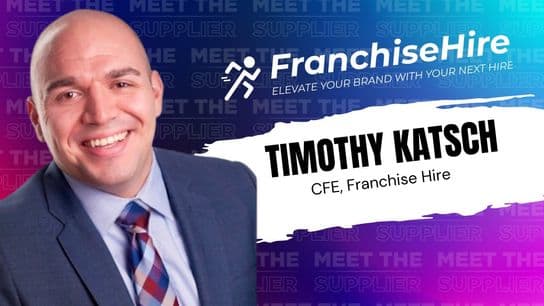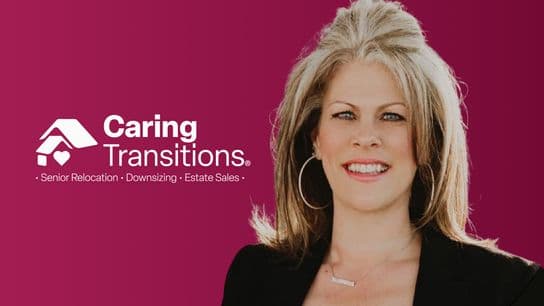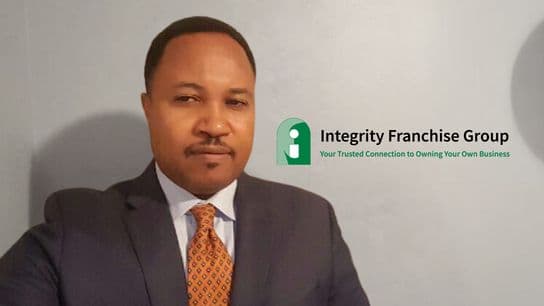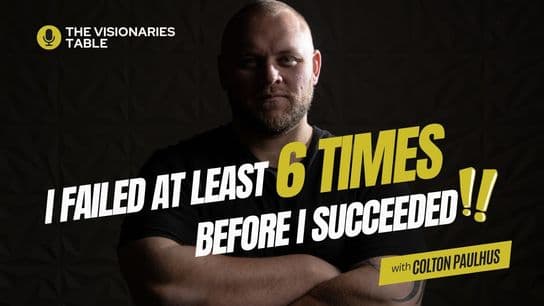Krug: Find the more by finding the different
OK, let’s cut through the malarkey. You’re overworked. At the end of every day, you’re exhausted. And the mountain of work come quitting time may even appear taller than it did at the start. Welcome to post-recession America, where the recovery didn’t cover everything that you had hoped. Our w.....
• • •
If a sponge is supersaturated, it cannot hold any more water. Pour on as much as you’d like to add, but it simply runs off. As much as leaders would like to think that their teams are capable of taking on one more thing, eventually that can’t be true. At some point, there has to be a smart trade-off for more. And for the savvy leader who knows that his team no longer can be rung out, different is a great direction to take. OK, so what’s different? Well, it isn’t more. That’s for sure. More is more. There is no bullshitting someone through a repackaging of responsibilities. More can be spotted a mile away. Presenting more as if it was less or the same under the auspice of different is a disservice to a true commitment to different. Different is different. And getting to different requires a different approach. And let’s be clear that it is a refocusing of tasks aimed at producing a new – and, yes, different – outcome. Now here’s where different becomes potentially tricky for some leaders. To achieve different, you have to tap into the thinking in Jim Collins’ seminal work “Good to Great,” and create something in line with a “stop-doing list.” It’s a great concept, really. It is elegantly simple and customizable for any circumstance. The stop-doing list is – now get this – a list of things that your company is no longer going to do. If the TPS report or its cover are wasting time, don’t make your company better, don’t provide more service or value to your customer, don’t offer insight into anything in particular (or not enough), do the right thing and scrap them. We continue to put our people through processes that are antiquated and outmoded simply because they’ve always been done. See how many unnecessary steps you have added to your processes and if there are enough to create a Rube Goldberg, stop. Stop. Stop. Stop. Be rid of them and move on to the quest to achieve different.• • •
Leaders learn the most about their team’s people during a crisis. And, without question, teams gain uncommon insight into the tactical and strategic worthiness of their boss when the stuff hits the fan. Between 2008 and 2011, the American workplace became uncomfortably intimate in regard to these interactions. The ripple effect of the financial crisis touched virtually every industry in some tangible way. For many businesses, the economic downturn brought on new challenges and increased the speed in which critical decisions were required. Every business has, at one point in time, dealt with a crisis. But scant few had seen them come in waves, as many experienced during the recession. It was a trying time that was every bit as terrifying in the boardroom as it was in the backroom. There might have been those in the corners of our offices that thought executive management had a plan and just wasn’t willing to share it as the economy tanked, our 401k’s plummeted and our mortgages sank below water. But, fact is, even some of the best executives in the country couldn’t have prepared for the sudden reality that their business was fraying. Some cut their way back to a suitable net margin. The thinking there was: if the revenue was going down, expenses must go down just a little bit more. What was lost in that maneuver was a ton of experience that, although expensive to carry in challenging times, walked out the door – never to return. The biggest bloodletting since the Great Depression put so many millions of middle managers out to pasture. So we should be different companies than we once were. We should be more nimble and agile and less big-footed and sluggish. But that work had to go somewhere. If you survived the cut, you know this well because a fair amount of it landed on your plate.• • •
To find your different, conduct a thorough inventory of what’s necessary and what’s superfluous. Every so often, we need to stop the spinning wheel, step off of the ride and just sit on the bench for a moment and take stock. What exactly are our teams doing? Why are they doing it? Is what they are doing effective? And by what measurement are we determining that effectiveness? Reconciling this is important. But as leaders, finding the right path is what we do. Beyond that, approach the task of toggling toward different with as much intellectual honesty as you can muster. Focus on what needs to be done. If this was previously presented as more, and it is relevant to future success, by all means, do it. But scrape away the stuff that isn’t helping.• • •
Eventually, different will become more. It’s not your fault. Piling on is the American way. No matter, just another opportunity to re-inventory and recreate a new hierarchy of priorities, tossing some of the antiquated processes to the side to make way for a new different. Just make sure that too is different and not just more. Stay classy. Chris Krug is president of the progressive media communications firm No Limit Agency* in Chicago. No Limit is a full-service agency whose practice focuses on strategy, brand management, creative campaigns and delivering unparalleled placement in the media. No Limit Agency works with some of the best-known brands in North America, and that’s not a coincidence. Contact Krug by calling 312-526-3996 or via email at [email protected].*This brand is a paid partner of 1851 Franchise. For more information on paid partnerships please click here.









